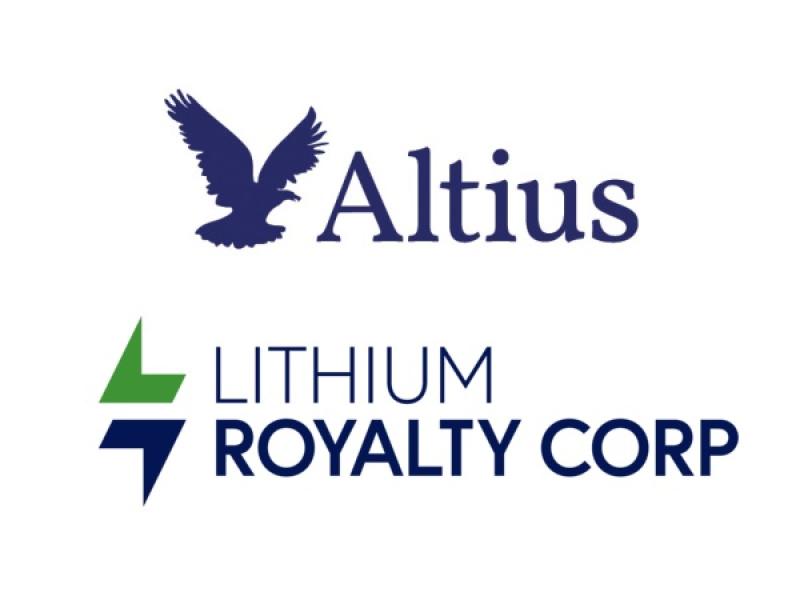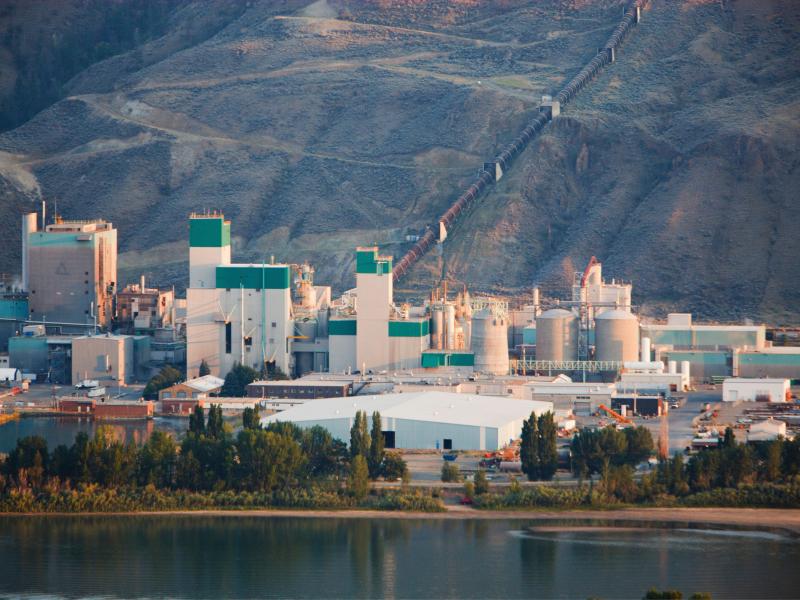Recent Articles
The ESG Report: EPCOR highlights net-zero commitments
 |
The ESG Report: EPCOR highlights net-zero commitments |
Business reporter
Alberta renewable energy surge could power 4,500 jobs
Alberta has seen a massive increase in corporate investment in renewable energy since 2019, and capacity from those deals is set to increase output by two gigawatts. A recent analysis expects $3.7 billion worth of renewables construction by 2023.
Calgary Construction Association question retrofit plan
Calgary’s climate strategy calls for the retrofitting of 19,000 homes and 317 commercial buildings to net-zero. However, the Calgary Construction Association says that would require 53 home/commercial retrofits every day, seven days per week — for the next 30 years.
CaGBC panel explores green-lending environment
The walls separating green developers from financial lending institutions are starting to come down as Canada looks to meet ambitious energy and decarbonization targets by 2030. Last year, Canada Infrastructure Bank launched a $2 billion loan portfolio for retrofits.
Tidal energy is the next potential renewable source
PODCAST: There is an interesting project off the East Coast involving tidal energy. Sustainable Marine’s floating tidal turbine platform — PLAT-I 6.40 — has connected to the Nova Scotia grid, converting the power of the world’s largest tides into electricity.
WestJet, Aero Design Labs work on greener Boeing 737
In its effort to achieve net-zero carbon emissions by 2050, WestJet has established a new partnership with Aero Design Labs to provide an aircraft, flight tests, and engineering support to test a first-of-its-kind technical product designed to reduce emissions.
Is sustainable investing a prudent strategy beyond ESG?
David O’Leary, founder of Kind Wealth, believes sustainable investing will only gain momentum. A recent survey from Ipsos backs him up, too. Approximately 56 per cent of respondents said they have changed products and services over concerns about climate change.
Canada’s climate targets not feasible for oil and gas
• Globe and Mail • Globe and Mail
Confidential government documents show a large gap between the federal Liberals’ promised target for reducing the oil and gas industry’s greenhouse gas emissions and what an internal analysis says is achievable by 2030.
Collingwood EV supplier sign deal with Glencore
MacLean has announced it signed a deal with Glencore to provide its battery-electric vehicles (BEVs) at the existing Craig Mine in Onaping, a longtime base metals mining hub in the Greater Sudbury region.
$100M marked for emissions, tech at BHP potash mine
• CBC • Financial Post
The Canadian government has offered up to $100 million to help global Australian mining giant BHP in rural Saskatchewan. The investment will help the company reduce the mine’s carbon footprint and invest in more environmentally friendly technology.
Fort Bragg gets floating solar plant
A floating solar power plant is being installed at Fort Bragg in North Carolina. The 1.1-megawatt facility, part of a $36 million contract with Duke Energy and contractor Ameresco, is 15 per cent cheaper than traditional solar power systems.
Biden’s tariff inquiry extension is good news for solar
President Biden’s decision last week to delay a disruptive solar tariff inquiry from the U.S. Department of Commerce for two years and boost U.S. solar production came as a relief to the storage, solar and microgrid industries.
DHL is investing $7.5B to meet its climate goals
DHL will cut its logistics-related emissions to zero by 2050. It’s a major challenge: more than 97 per cent of its carbon emissions are tied to package deliveries. It has started investing $7.5 billion to reach this goal.
Corporate fleet manager has a plan for electrification
• GreenBiz
Many corporations want to electrify their fleets, but many are trying to answer a critical question: Is now the right time to do it? A huge concern is the availability of electric vehicle models that can handle their demands.
Electrifying trucks: A market update
• GreenBiz
In time, all trucking sectors will go electric, from the delivery vans that drop off your packages to the big rigs that haul freight across the interstates. Here are some challenges and possibilities of electrifying trucks across all market sectors.
Automaker CEOs, Toyota urge U.S. to lift EV tax credit cap
General Motors Co, Ford Motor Co, Stellantis NV and Toyota Motor Corp. are urging Congress to lift a cap on the $7,500 electric vehicle tax credit, citing higher costs to produce zero-emission vehicles, according to a letter seen by Reuters.
The pressure is on for Canadian farm crops and commodities
In this edition of Disruptors: The 10-Minute Take, co-hosts John Stackhouse and Trinh Theresa Do explore how uncertain weather conditions and economic challenges are affecting the 2022 growing season, and ask ‘How can agriculture technology, or agtech help increase yields?’
McCain Foods investing big in future farms initiative
• CBC
McCain Foods is heavily investing in what they call “Farms of the Future,” where they are using regenerative agricultural practices to better prepare for a different climate in the future.
Increased sustainability and technology on Canadian farms
The latest Census of Agriculture data released by Statistics Canada shows more widespread use of sustainable farming practices, higher rates of technology adoption and renewable energy production on-farm, and a rise in direct marketing to consumers.
Pollen and heat: A looming challenge for global agriculture
Farmers and scientists are increasingly observing that unusually high springtime temperatures can kill pollen and interfere with the fertilization of crops. Researchers are now searching for ways to help pollen beat the heat, including developing more heat-tolerant varieties.
 Industry Events
Industry Events
-
ECO IMPACT 2026
Feb 19 2026
to Feb 20 2026
The Westin Calgary
-
BuildGreen Atlantic
Apr 27 2026
to Apr 28 2026
Halifax, NS
-
The Evergreen Conference
May 06 2026
to May 07 2026
Toronto, ON
-
Building Lasting Change
Jun 17 2026
to Jun 19 2026
Montréal, QC
-
Retrofit Canada Conference
Jun 24 2026
to Jun 25 2026
Halifax Convention Center











